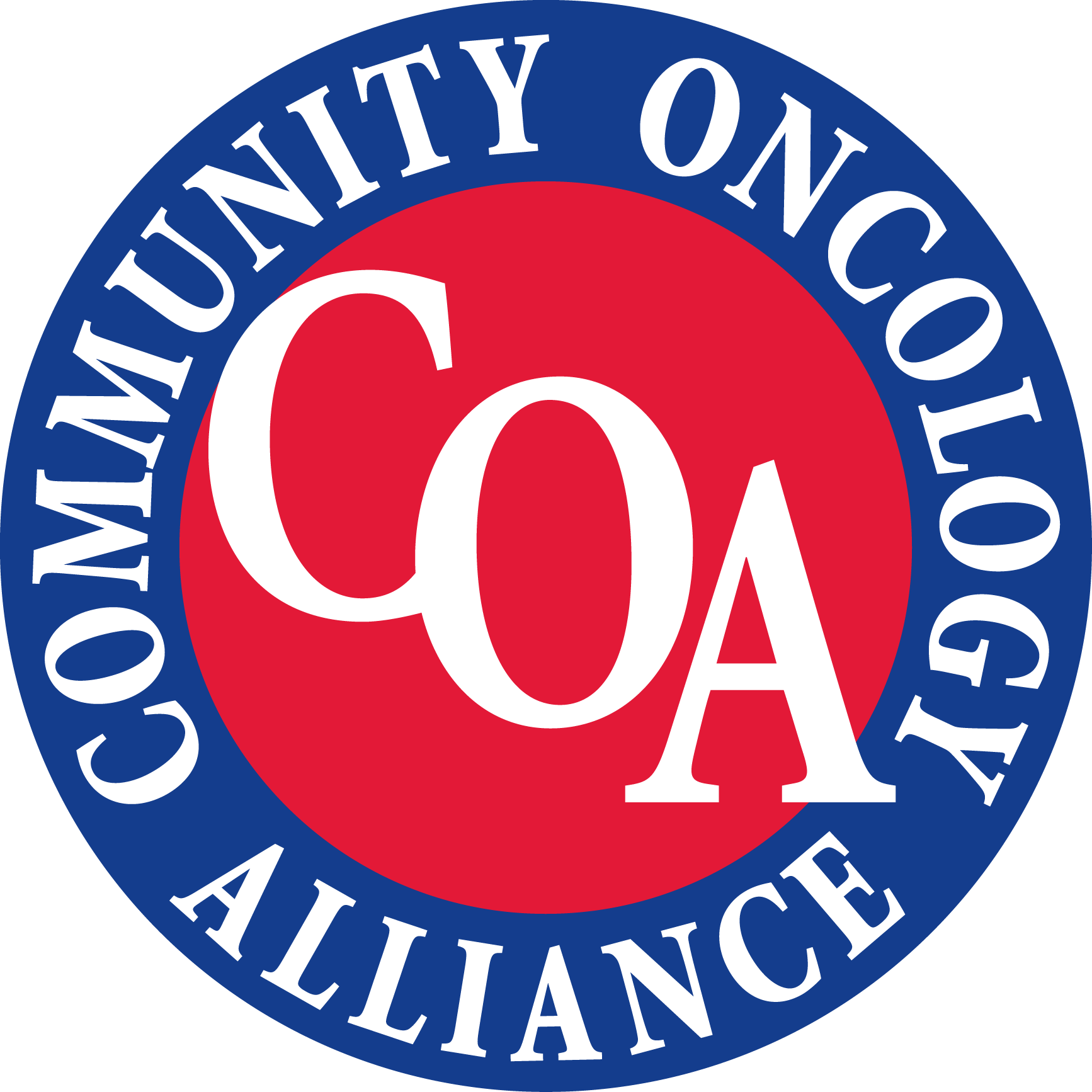
COA Offers “Prescription” for Tackling Rising Costs, Loss of Patient Access in Cancer Care and Beyond

Key Takeaways
- COA's report emphasizes the need for healthcare reform, focusing on hospital and PBM/insurer consolidation, reimbursement, and access to oncology therapies.
- Recommendations include site-neutral payment policies, transparency in PBM operations, and Medicare payment reforms to support independent practices.
The 5-part plan focuses on issues that have been calling cards for the Community Oncology Alliance (COA) in recent years, which gained traction in the last Congress and show up regularly on lists of the most pressing problems in health care.
The Community Oncology Alliance (COA), which has strived to highlight abuses by pharmacy benefit managers (PBMs) and in the 340B program, today released a sweeping report to Congress on legislative reforms needed across the health care system.
The document, the “
The document, they write, offers Congress “a blueprint for bold, meaningful reform that protects the independent community medical practices, which ensure patient access to high-quality, affordable medical care, and safeguards the financial sustainability of the health care system for patients and providers alike.”1
“Our health care system has reached a critical tipping point as Americans pay more than ever for health care that is becoming increasingly out of reach. Consolidation, administrative burdens, and skyrocketing costs are hurting patients and providers alike,” Debra Patt, MD, PhD, MBA, FASCO, president of COA and a practicing breast cancer specialist in Austin, Texas, and executive vice president at Texas Oncology, said in a
COA’s call to action comes just as the largest oncology professional society in the world, the American Society of Clinical Oncology (ASCO), released a survey of medical oncology fellows that found 20% reported burnout and 18% reported high levels of emotional exhaustion; most also reported that maintaining work-life balance is a struggle. The one bit of good news is that these levels were slightly lower than the last survey in 2013.2
The 5-part plan focuses on issues that have been COA’s calling cards in recent years, which gained traction in the last Congress and show up regularly on lists of the most pressing problems in health care. They are:
- Hospital consolidation. Mergers have allowed the creation of huge systems that become local monopolies and drive up costs, despite retaining nonprofit status. COA calls for site-neutral payment policies as well as a fresh look at the definition of “nonprofit” and limits on debt collection.
- PBM/insurer consolidation. The creation of vertically integrated giants has allowed PBMs to wield unprecedented market clout, driving up costs, stripping doctors and practices of autonomy in decision-making, and forcing practices that work against patients’ best interests. COA calls for greater transparency and accountability, strong limits on prior authorization, and laws to block PBMs from steering patients to affiliated pharmacies. Finally, COA calls for PBMs to divest themselves “from owning any type of pharmacy.”
- Reimbursement and staffing shortages. The real value of CMS’ payments under the Medicare Physician Fee Schedule (PFS) has dwindled over the past 2 decades, especially relative to what hospitals receive; coupled with consolidation and sequestration, independent and rural practices are struggling to survive. In oncology especially, data forecast a growing need for clinicians but a dwindling pipeline, along with a mismatch of where patients and providers live and work. COA calls on Congress to reform the Medicare PFS, align reimbursement with inflation, end sequestration, and expand residency incentives for rural practices.
- Access to oncology therapies. COA cites multiple challenges, including not only rising costs for novel therapies but also chronic shortages of sterile injectable drugs and “uncertainty in the biosimilar market,” which threaten recent savings seen among community practices. COA calls for a technical fix to the Inflation Reduction Act that would “protect independent practices from financial harm due to Medicare price negotiations.” Other necessary reforms would stop insurers and PBMs from limiting access to cost-saving biosimilars for the purpose of keeping rebate dollars flowing.
- Overhaul and unify CMS Medicare policy. Over time, COA says, Medicare payment policy has become fragmented and outdated; it encourages the inefficiencies and promotes the consolidation that drives independent practices out of business. Payment approaches should be fair and equitable across hospitals and independent practices to promote competition, COA asserts. The group also seeks greater oversight of the Center for Medicare and Medicaid Innovation, which develops the value-based payment models that govern oncology and other specialties.
Patt has testified frequently before Congress on these issues; her testimony on how prior authorization delays affected her efforts to treat her patient with breast cancer went viral after the story was highlighted by the
Advocates for PBM reform, including COA,
In a forthcoming interview, which will appear in the February issue of Evidence-Based Oncology, a publication of The American Journal of Managed Care, Patt was optimistic about COA's ability to advance its priorities. She was realistic that some elements, such as 340B reform, may take longer than others, because other stakeholders have become dependent on revenue from that program. (The American Hospital Association strongly supports the current 340B program.)
With this year's COA theme being "Empower and Advocate," Patt said the organization's effectiveness in the policy arena would be more visible than ever. "It's always our strong suit, but you're going to see it even stronger and more coordinated."
References
1. COA Prescription for Health Care Reform. Community Oncology Alliance. February 5, 2025. Accessed February 5, 2025.
2. Schenkel C, Levit LA, Kirkwood K, Shanafelt T, Subbiah IM. Ten-tear trends in clinician well-being and burnout among oncology fellows in training: an ASCO State of Cancer Care in America study. JCO Oncol Pract. Published online January 29, 2025.
Newsletter
Stay ahead of policy, cost, and value—subscribe to AJMC for expert insights at the intersection of clinical care and health economics.








